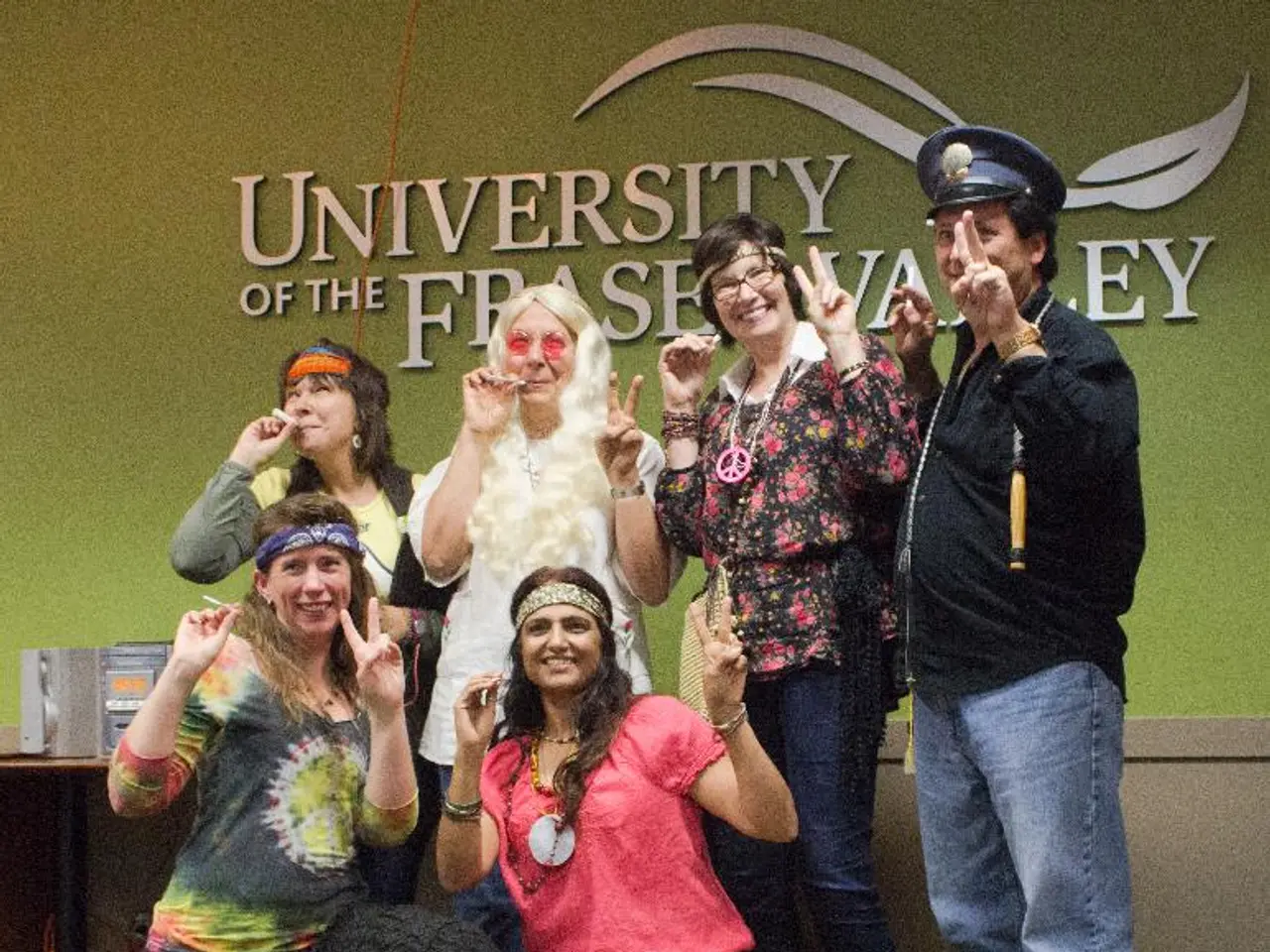Building Human Connections: Initiating Authentic Interactions and Augmenting Social Perception
In our daily lives, grand gestures may often grab headlines, but it's the quiet moments where someone feels safe enough to be themselves that truly matter. This is the essence of social awareness – the ability to perceive, understand, and respond appropriately to the emotions, needs, and social cues of others in our environment.
Social awareness is more than just empathy, active listening, and perspective-taking. It's about noticing social cues, practicing empathy, using active listening, adapting behaviour to context, communicating clearly and respectfully, responding to others’ needs, and being kind.
Noticing social cues can be as simple as paying attention to body language, facial expressions, tone of voice, and changes in others’ moods. For example, if a colleague looks stressed, offering help or adjusting your communication style can make a significant difference.
Practicing empathy means trying to see situations from others’ perspectives by considering their experiences and emotions. This can help you respond with understanding and sensitivity.
Active listening involves engaging fully when others speak, showing that you are hearing and valuing their thoughts and feelings. This includes asking clarifying questions and confirming understanding.
Adapting behaviour to context shows situational awareness. For instance, using a lower voice in a library or matching a serious demeanour during somber moments can foster a sense of appropriateness and respect.
Communicating clearly and respectfully is crucial when providing feedback or expressing your needs. Being direct but mindful of how others might perceive it ensures your message is constructive and considerate.
Responding to others’ needs can help foster better relationships. If someone prefers frequent feedback or particular communication styles, incorporating these preferences can make a significant impact.
In practice, these actions can be demonstrated by carefully observing how people around you behave and feel, adjusting your own behaviour to match the social context (like being a "social chameleon"), and engaging empathetically and actively to promote trust and effective communication.
People do not need perfection from others; they just need to feel cared for. Small acts of kindness, such as a quick check-in or acknowledging someone’s quietness, can have a significant impact. These small moments are often the ones people remember more than the big ones.
The goal of social awareness is not to be right, but to be kind and help in any little way possible. The consistency of small acts of kindness can lead to a significant impact on friend groups, teams, and communities.
Being kind to oneself is an important part of building a better world for all. Slowing down and being curious about what someone else might be going through can foster social awareness. Making eye contact, asking how someone is doing, and letting a moment breathe can start building connections and a better world.
Social awareness does not require a degree in psychology or emotional intelligence training. A little more heart in the way we move through our everyday lives can lead to significant changes in friend groups, teams, and communities.
Small acts of kindness can make someone feel valued and more likely to open up, share, and trust. Social awareness is demonstrated through active listening rather than just hearing. It involves being present in conversations and noticing subtle cues like shifts in tone or energy.
In conclusion, social awareness is a powerful tool that can help create harmonious and productive interactions in various settings. By paying attention, caring, and being kind, we can build a more supportive, cooperative, and connected society. One small moment of kindness can shift the energy in a whole room and encourage others to do the same.
Building on the concept of social awareness, it's crucial to recognize that a person's lifestyle is significantly shaped by their relationships, as well as their dedication to education-and-self-development and personal-growth.
For instance, an individual cultivating social awareness might prioritize education and self-development to gain a better understanding of diverse perspectives, facilitating empathetic relationships. They might also invest in personal growth to develop emotional intelligence, enabling them to respond appropriately to the needs of others in their environment. In this way, lifestyle choices can be deeply interconnected with social awareness, contributing to a more harmonious and supportive society.




